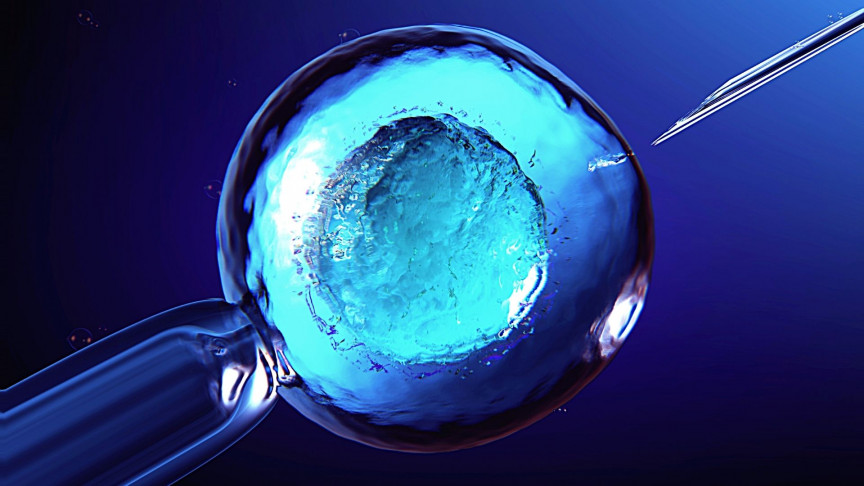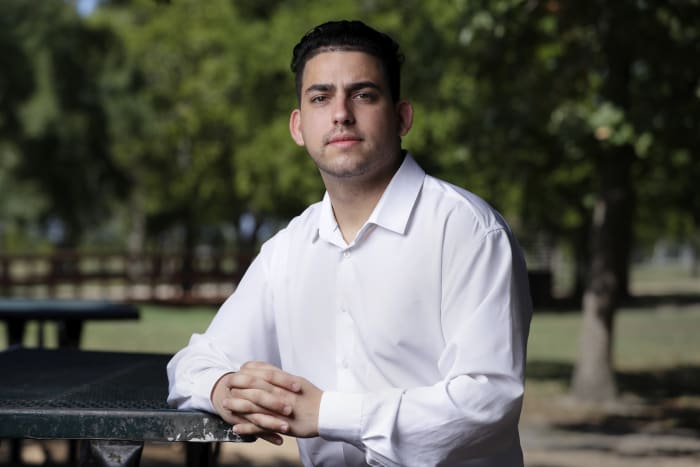
interestingengineering.com
Human Embryos Might Reverse Their Biological Clock
Human cells might experience a 'ground zero' of embryonic rejuvenation! While we've only confirmed it in mice, the potential benefits are vast.
Science & Tech
Everyone gets old. We're really sorry.
And as we age, so does every cell in our body, which accrues damage through the intervening years. But the absence of this cellular damage in human offspring has baffled scientists for generations. And now we may know why.
A team of scientists found evidence lending credence to the idea of cellular rejuvenation, specifically by observing that human and mouse germline cells seem to "reset" their biological age during the early stages of an embryo's development, according to a recent study published in the journal Science Advances. The rejuvenation stage that happens shortly after an embryo has attached to the uterus, pushing the cells to their youngest biological age, called "ground zero."
Welcome to the 'ageless' development of very young embryos.
Mouse embryos undergo a rejuvenation event
Coming to grasp the way germline cells reverse aging might enable researchers to procure new radical treatments for age-related illnesses like Parkinson's or arthritis, said Vittorio Sebastiano, a biologist at Stanford University School of Medicine, who wasn't involved in the recent study, in a Science News report. When diseases like these happen, some cells may become dysfunctional from the build-up of damage. If we could somehow reset the cells' age, this might stop them from causing more damage to the life-form.
Molecular clocks were used to predict the approximate ages of early-stage mouse embryos. These clocks can monitor epigenetic changes, which are chemical markers on DNA that build up throughout the long aging process of cells, or if cells are exposed to pollution. These genetic tags can radically alter a gene's behavior, but they don't change the information it carries. The science team, which included a Biochemist and Geneticist Vadim Gladyshev of Harvard Medical School and Brigham and Women's Hospital, Boston, and colleagues, studied the various biological ages of an embryo.
The biological age of an embryo determines the health and function of cells, unlike linear chronological ages. In studying these epigenetic changes, the team of scientists discovered that the age of the mouse embryos remained the same throughout the initial stages of cell division, when fertilization had just occurred. But once 6.5 to 7.5 days had passed, and after the embryo becomes attached to the interior lining of the uterus, the average biological age of embryos seemed to reverse. This means the internal cells were experiencing some kind of rejuvenation event. For a mouse, this "ground zero" could lie somewhere between 4.5 to 10.5 days post-fertilization, said the researchers in the Science News report. Later, and we're still not sure when, the biological age of mouse embryos begins to move forward again.
























































